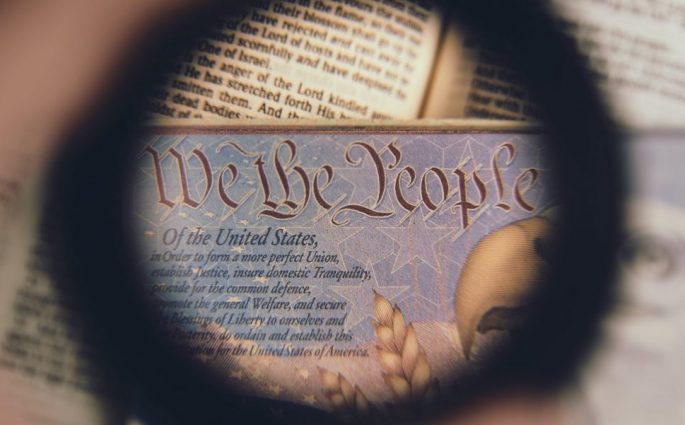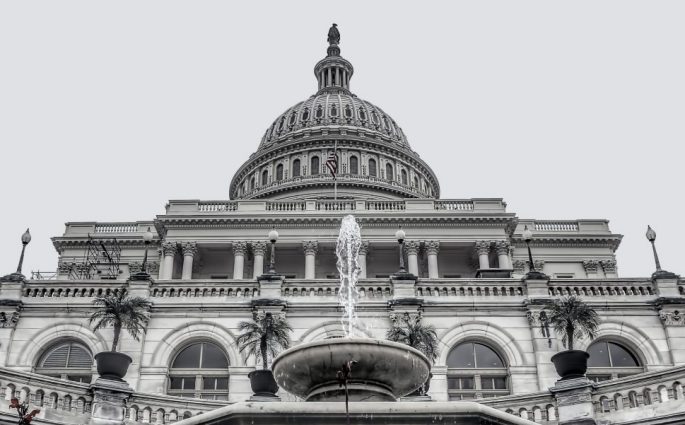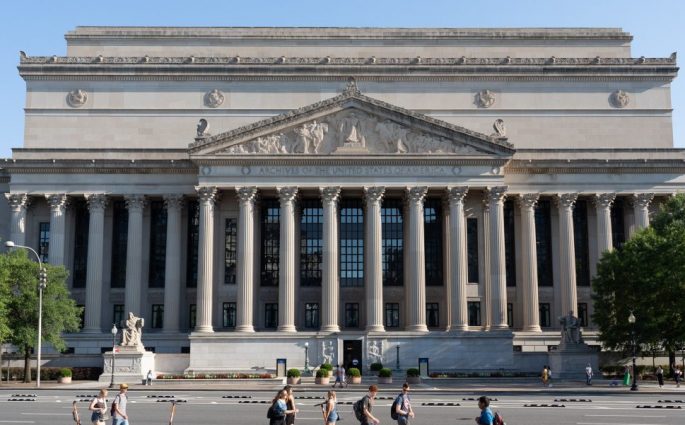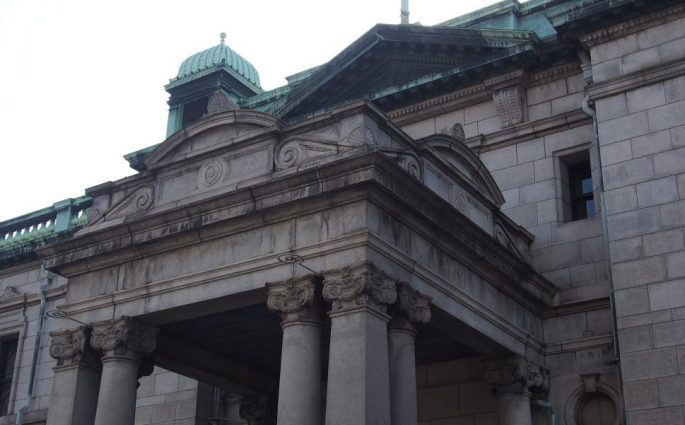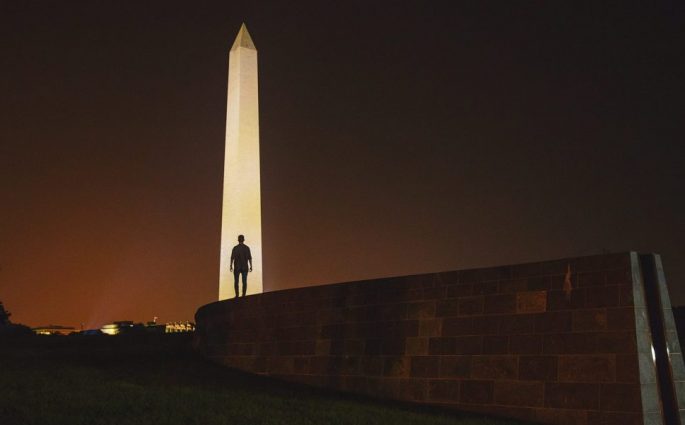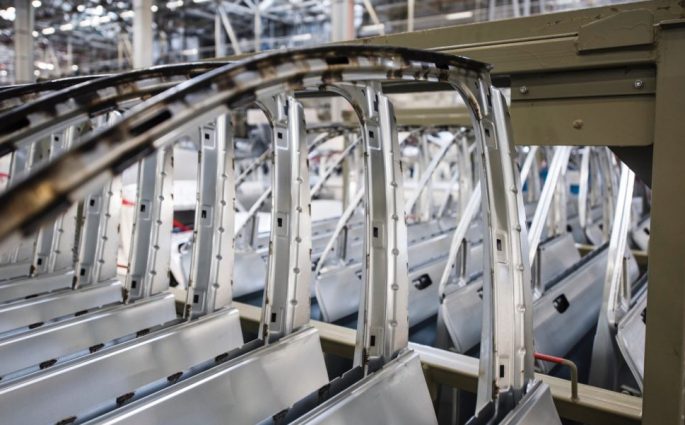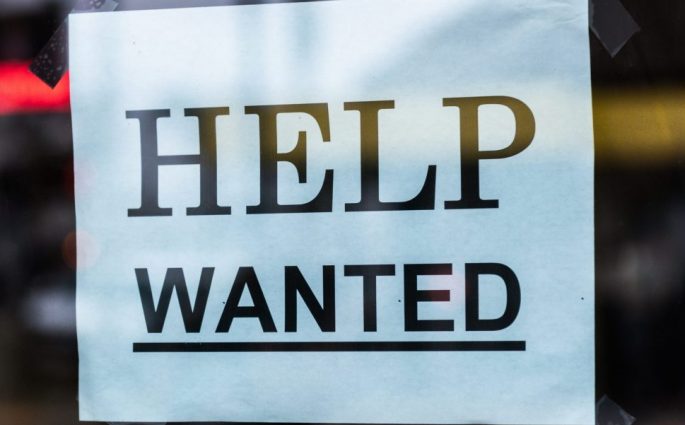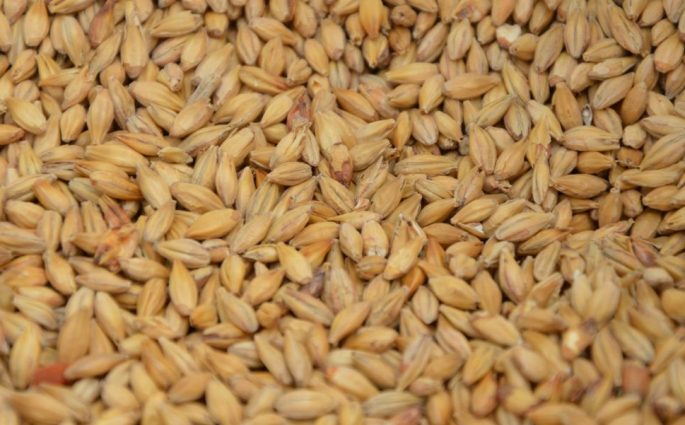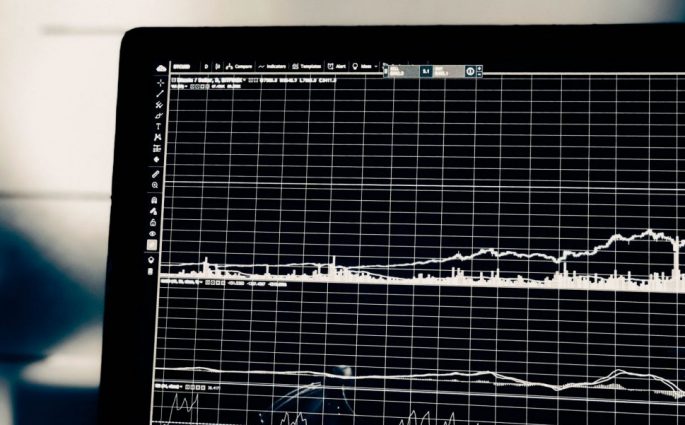Paradoxes of Constitutional Processes
Donald L. Horowitz— Suppose you were advising a constitutional assembly chosen to produce a new constitution for a troubled country. Most constitutions are created because some trouble has occurred: the fall of an authoritarian regime, a civil war, mass discontent with the performance of a government. There is a good

